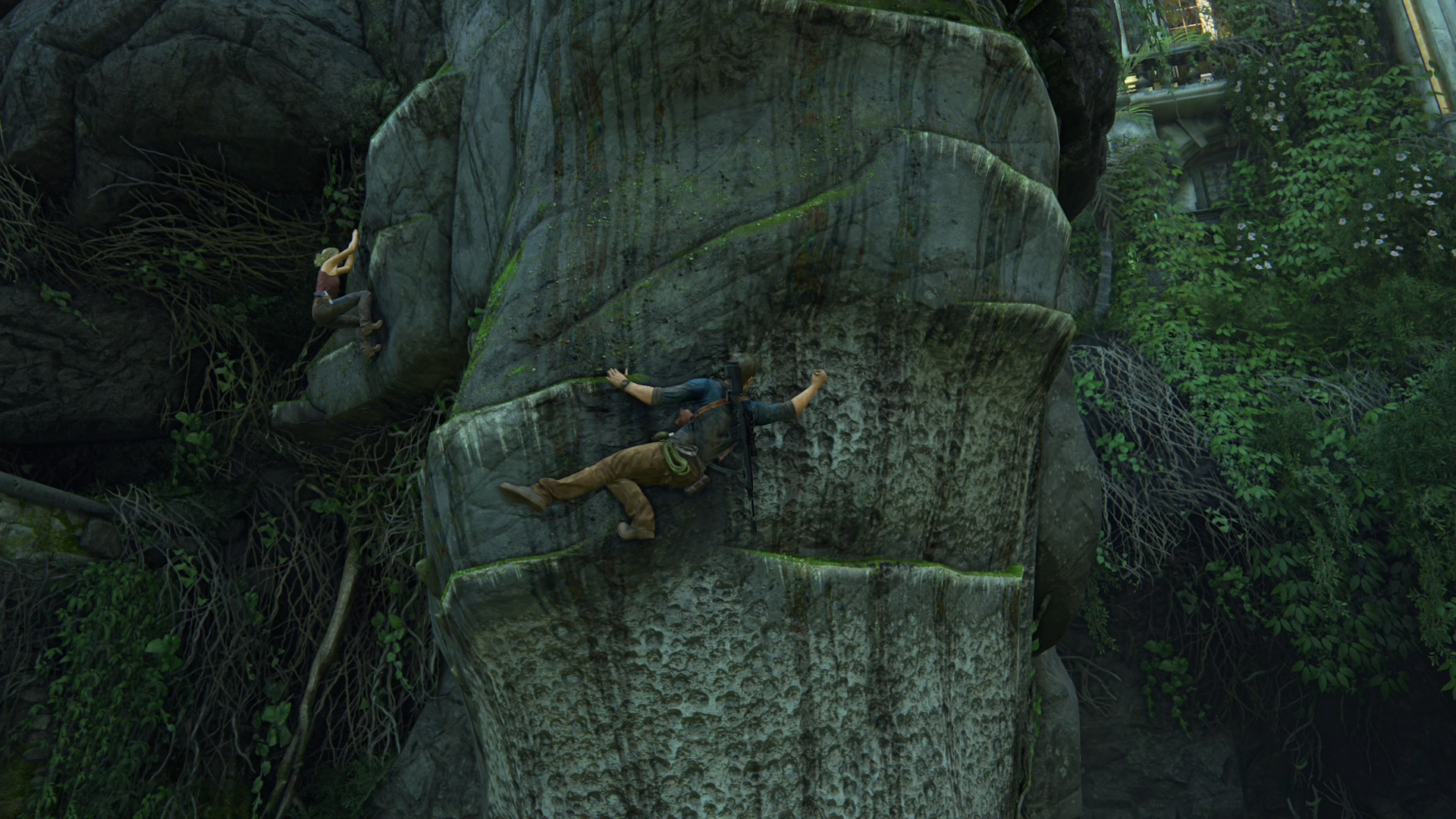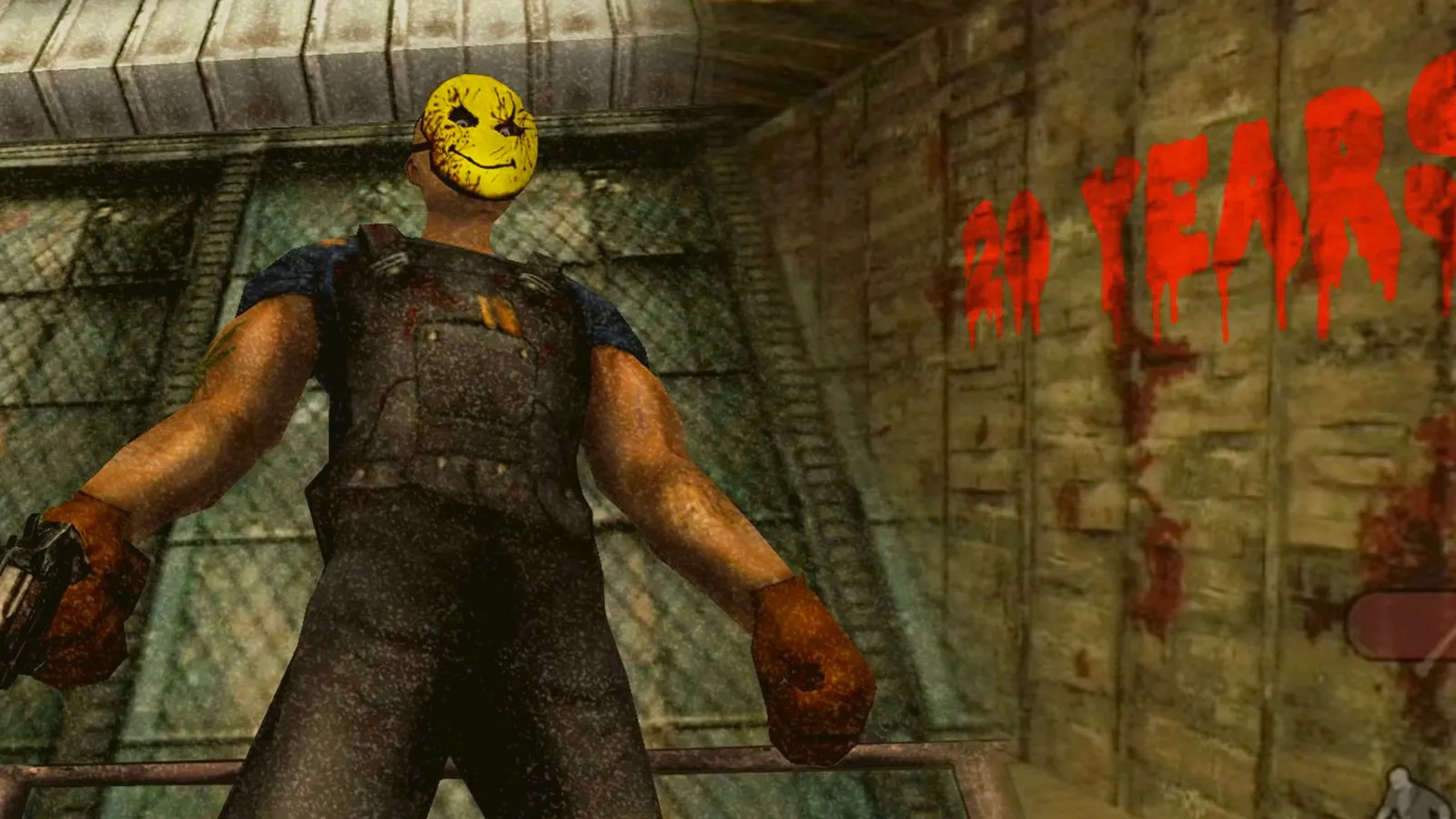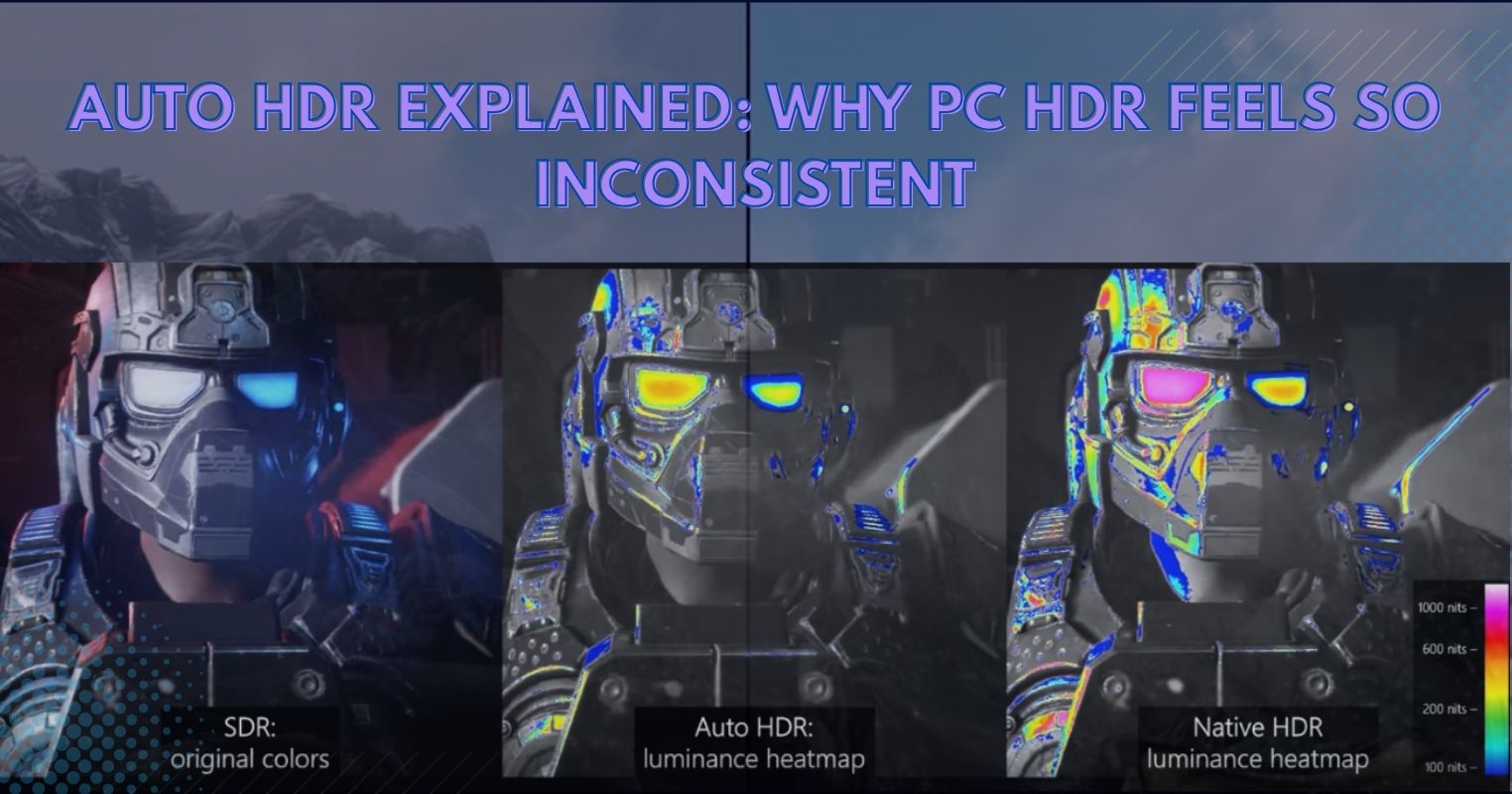- Realism has been a trend in video games for a very long time.
- However, too much realism can be bad for video games as it can undermine entertainment in them.
- Entertainment should be the main goal of a video game, and compromising it for realism will hurt the industry.
Realism in video games has always been an upward trend. The more realistic a game looks and plays, the more appealing it becomes, though this level of detail comes with its own drawbacks.
In my opinion, this trend in the gaming industry needs to shift, as video games shouldn’t strive to be overly realistic. While a certain level of realism is impressive, going beyond that can diminish entertainment in video games.
Why it matters: Entertainment is the primary goal of video games, and when another aspect compromises that, it becomes a negative development for the industry.
Realism and Entertainment Should Be Balanced

There are plenty of examples in video games that demonstrate how too much realism can negatively impact the experience, highlighting the need for a balance between realism and entertainment so one does not compromise the other.
Mechanics like stamina depletion, limited inventory, and gun jamming are common realistic features in video games, but it’s crucial to ensure that such mechanics are carefully blended with a touch of fantasy to maintain entertainment.
A prime example of a game that strikes the balance between realism and entertainment well is Red Dead Redemption 2. Despite its realistic elements, the game manages to be extremely entertaining, thanks to the developers’ careful consideration of how to blend realism with gameplay enjoyment almost perfectly.
Realism in video games is something I wish wasn't a thing
byu/RalseiTheFluffyGoat inunpopularopinion
Red Dead Redemption 2 features bothersome mechanics like stamina depletion, limited inventory, and gun jamming, along with many other realistic mechanics. However, these elements are implemented in a way that preserves moderate realism while ensuring immersive gameplay and also providing a challenge.
For instance, while stamina depletes, it does so at a relatively slow rate and regenerates quickly. Players can also increase their Stamina. Moreover, they can carry a significant amount of items with more mobility than would be possible in real life, which adds to the enjoyment.
Gun jamming is also present in the game, but it is more forgiving than the real-life challenges of 19th-century firearms, where jamming was a serious issue. This design choice allows players to engage in combat without constant frustration.
Additionally, titles like Uncharted allow for extraordinary feats of climbing and movement. Similarly, GTA 5 is yet another example of a game with realistic elements but still having that fantasy element, drawing a clear line between too much realism.
If these games were to eliminate the fantasy elements within their mechanics, they would risk making gameplay tedious and detracting from the immersive experiences they offer.
When I mention the perfect balance between realism and entertainment, I refer to implementing realistic features in such a way that they still maintain a sense of fantasy, ensuring that the gameplay remains enjoyable rather than burdensome.
I would also like to clarify that I am not referring to simulator games, as their primary goal is to be as realistic as possible in order to fulfill their purpose.
Realism is Not Bad

That said, realism in video games isn’t inherently bad. In fact, incorporating certain real-world aspects can create a more immersive experience, enhancing the overall user experience.
Realistic character AI, dynamic weather systems, lifelike environments, and authentic sound design are just a few real-life aspects of video games that enhance the user experience. However, it’s important to remember that preferences for these elements vary among players.
When realism compromises enjoyment, the line should be drawn—realism means little if the game isn’t fun.
We have completely unrealistic games like Zelda that are outperforming many mainstream realistic titles. Games like Zelda demonstrate why entertainment should remain the top priority for developers.
A great example of such a developer is Nintendo. Although they have never really explored realism in their games, they have been one of the industry leaders for a very long time thanks to their great understanding of what makes a game enjoyable.
Nevertheless, I hope that developers avoid going overboard with realism.
Thank you! Please share your positive feedback. 🔋
How could we improve this post? Please Help us. 😔

Abyan Khan is a seasoned news writer with over three years of experience. His articles have been cited in prominent platforms such as IGN, VGC, and Gamerant. When not writing articles, Abyan enjoys immersing himself in the world of gaming, working out, or editing content for his YouTube channel.




